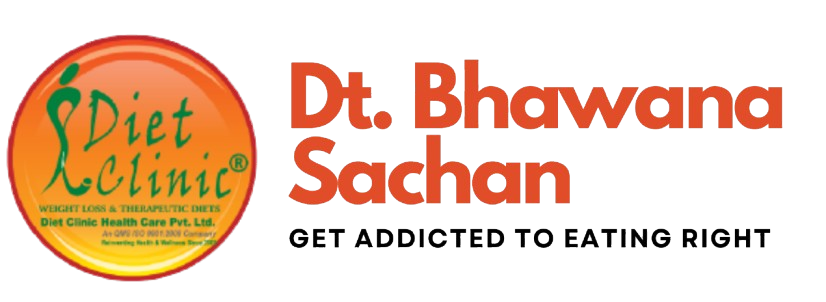The “best” diet for healthy living is not a one-size-fits-all prescription, as individual nutritional needs can vary based on factors like age, gender, activity level, and underlying health conditions. However, certain dietary patterns have consistently shown positive effects on health and are widely recommended by nutrition experts. Here’s an overview of a well-rounded approach to healthy eating:
1. Balanced Diet: A balanced diet includes a variety of foods from all food groups in appropriate proportions. These groups typically include fruits, vegetables, whole grains, lean proteins, and healthy fats. This approach ensures that you get a wide range of essential nutrients, including vitamins, minerals, fiber, and antioxidants.
2. Fruits and Vegetables: Incorporate a colorful array of fruits and vegetables into your daily meals. They are rich in vitamins, minerals, fiber, and phytochemicals, which have numerous health benefits and can reduce the risk of chronic diseases.
3. Whole Grains: Choose whole grains over refined grains. Whole grains like brown rice, quinoa, oats, and whole wheat provide more fiber and nutrients while helping to stabilize blood sugar levels.
4. Lean Proteins: Include lean protein sources like poultry, fish, beans, lentils, tofu, and lean cuts of meat. Protein is essential for muscle maintenance and overall health.
5. Healthy Fats: Opt for healthy fats found in sources such as avocados, nuts, seeds, and olive oil. These fats, particularly monounsaturated and polyunsaturated fats, are beneficial for heart health.
6. Portion Control: Pay attention to portion sizes to avoid overeating. Even healthy foods can lead to weight gain if consumed excessively.
7. Limit Added Sugars: Minimize your intake of added sugars found in sugary beverages, candies, and processed foods. Excessive sugar consumption is linked to various health issues, including obesity and type 2 diabetes.
8. Hydration: Stay well-hydrated by drinking plenty of water throughout the day. Adequate hydration is essential for bodily functions and overall health.
9. Reduce Processed Foods: Processed and highly processed foods are often high in salt, sugar, unhealthy fats, and additives. Limit your consumption of these foods and opt for whole, minimally processed options instead.
10. Fiber Intake: Aim to consume an adequate amount of dietary fiber, which is essential for digestive health and can help with weight management. Foods like whole grains, fruits, vegetables, and legumes are excellent sources of fiber.
11. Limit Sodium (Salt) Intake: Reducing salt intake is important for managing blood pressure and heart health. Be mindful of high-sodium foods, and try to season your meals with herbs and spices instead.
12. Mindful Eating: Pay attention to hunger and fullness cues, eat slowly, and savor your food. Mindful eating can help prevent overeating and promote a healthier relationship with food.
13. Meal Planning: Plan your meals and snacks in advance to ensure that you have nutritious options readily available. This can help prevent impulsive and less healthy food choices.
14. Personalization: Consider your individual dietary needs. Some people may have specific dietary restrictions or preferences due to allergies, cultural considerations, or ethical beliefs. Tailor your diet to accommodate these factors while still prioritizing overall health.
15. Regular Physical Activity: While not strictly a dietary factor, regular exercise is an essential component of a healthy lifestyle. Combine a balanced diet with physical activity to achieve optimal health benefits.
In summary, the best diet for healthy living is one that emphasizes a balanced and diverse intake of whole, minimally processed foods, with a focus on fruits, vegetables, whole grains, lean proteins, and healthy fats. Portion control, mindful eating, and hydration are also key elements. It’s important to note that sustainable, long-term dietary habits are more effective than short-term, restrictive diets. To determine the best dietary plan for your specific needs and goals, consider consulting with a registered dietitian or healthcare professional who can provide personalized guidance based on your unique circumstances.





